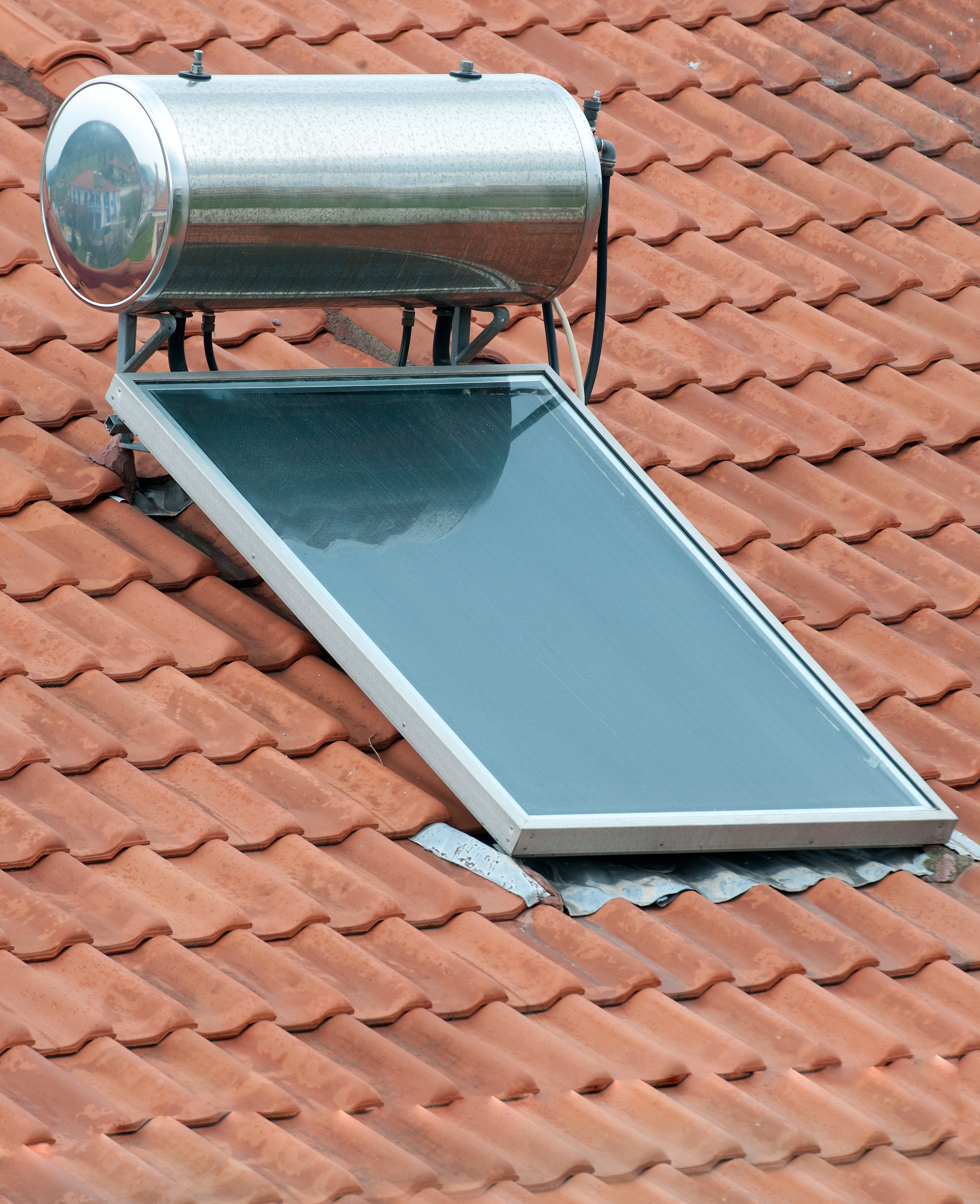
网站公告
more- Online Shopp... 25-04-23 01:06
- Shopping Onl... 25-04-23 01:05
- Shopping Onl... 25-04-23 01:03
- What The Act... 25-04-23 00:33
Sustainable Home Heating Solutions
ElizbethHalse425 2025.04.20 00:43 查看 : 2
As the world grapples with the escalating demands of global warming, homeowners are increasingly looking for ways to reduce their carbon footprint and live more responsibly. One of the most crucial areas where we can make a significant impact is in our daily lives, specifically in the way we heat our water.
Traditional water heating systems rely heavily on non-renewable sources such as coal, which not only contribute to greenhouse gas emissions but also drive up our energy bills. The good news is that there are environmentally friendly water heating solutions available to homeowners that can significantly reduce their carbon footprint while saving them money in the long run.
The good news is that there are environmentally friendly water heating solutions available to homeowners that can significantly reduce their carbon footprint while saving them money in the long run.
One of the most popular alternatives to traditional water heating systems is passive solar water heaters. This system harnesses the power of the solar energy to heat water, reducing reliance on non-renewable sources. passive solar water heater systems can be integrated into existing home setups or can be a standalone system, depending on the homeowner's needs. While the initial cost of installing a solar water heating system may seem overwhelming, the long-term benefits and energy savings make it a worthwhile investment.
Another eco-friendly option is reversible HVAC systems. These systems work by transferring heat from one location to another, rather than generating heat directly. Heat pumps are highly productive and can be powered by electricity generated from renewable sources such as hydroelectric power. They also have a longer lifespan than traditional water heaters and can be a cost-effective solution in the long run.
Tankless water heaters are another environmentally friendly option for homeowners. These systems heat water only when needed, reducing energy consumption and waste. Tankless water heaters are perfect for households with limited storage space or for those who want to reduce their energy consumption.
In addition to these solutions, there are also high-efficiency gas water heaters with an efficiency rating of 90% or higher, which can be a more environmentally friendly option than traditional gas water heaters. These high-efficiency gas water heaters are designed to minimize energy waste and can significantly reduce a homeowner's carbon footprint.
Lastly, homeowners should also consider implementing sustainable living practices to complement their environmentally friendly water heating solutions. Techniques such as insulating pipes can go a long way in minimizing energy consumption and reducing waste.
In conclusion, environmentally friendly water heating solutions are not just a requirement for a green future; they also make sense financially. Homeowners can significantly reduce their carbon footprint and save money in the long run by adopting heat pump water heaters and practicing eco-friendly lifestyle changes. By making the switch to eco-friendly water heating solutions, homeowners can contribute to a greener environment while enjoying a cost-effective living experience.
Traditional water heating systems rely heavily on non-renewable sources such as coal, which not only contribute to greenhouse gas emissions but also drive up our energy bills.
 The good news is that there are environmentally friendly water heating solutions available to homeowners that can significantly reduce their carbon footprint while saving them money in the long run.
The good news is that there are environmentally friendly water heating solutions available to homeowners that can significantly reduce their carbon footprint while saving them money in the long run.One of the most popular alternatives to traditional water heating systems is passive solar water heaters. This system harnesses the power of the solar energy to heat water, reducing reliance on non-renewable sources. passive solar water heater systems can be integrated into existing home setups or can be a standalone system, depending on the homeowner's needs. While the initial cost of installing a solar water heating system may seem overwhelming, the long-term benefits and energy savings make it a worthwhile investment.
Another eco-friendly option is reversible HVAC systems. These systems work by transferring heat from one location to another, rather than generating heat directly. Heat pumps are highly productive and can be powered by electricity generated from renewable sources such as hydroelectric power. They also have a longer lifespan than traditional water heaters and can be a cost-effective solution in the long run.
Tankless water heaters are another environmentally friendly option for homeowners. These systems heat water only when needed, reducing energy consumption and waste. Tankless water heaters are perfect for households with limited storage space or for those who want to reduce their energy consumption.
In addition to these solutions, there are also high-efficiency gas water heaters with an efficiency rating of 90% or higher, which can be a more environmentally friendly option than traditional gas water heaters. These high-efficiency gas water heaters are designed to minimize energy waste and can significantly reduce a homeowner's carbon footprint.
Lastly, homeowners should also consider implementing sustainable living practices to complement their environmentally friendly water heating solutions. Techniques such as insulating pipes can go a long way in minimizing energy consumption and reducing waste.
In conclusion, environmentally friendly water heating solutions are not just a requirement for a green future; they also make sense financially. Homeowners can significantly reduce their carbon footprint and save money in the long run by adopting heat pump water heaters and practicing eco-friendly lifestyle changes. By making the switch to eco-friendly water heating solutions, homeowners can contribute to a greener environment while enjoying a cost-effective living experience.
?? 0
Copyright © youlimart.com All Rights Reserved.鲁ICP备18045292号-2 鲁公网安备 37021402000770号

